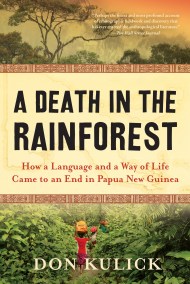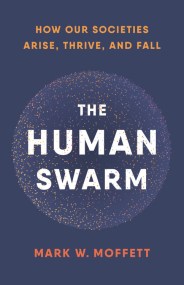Promotion
Use code MOM24 for 20% off site wide + free shipping over $45
Reflections of Our Past
How Human History Is Revealed in Our Genes
Contributors
By Deborah A. Bolnick
Formats and Prices
Price
$23.99Format
Format:
- ebook $23.99
- ebook $25.99
- Trade Paperback $37.00
- Trade Paperback $42.00
This item is a preorder. Your payment method will be charged immediately, and the product is expected to ship on or around February 13, 2018. This date is subject to change due to shipping delays beyond our control.
Also available from:
The rise of the multi-billion dollar ancestry testing industry points to one immutable truth about us as human beings: we want to know where we come from and who our ancestors were. John H. Relethford and Deborah A. Bolnick explore this topic and many more in this second edition of Reflections of Our Past.Where did modern humans come from and how important are the biological differences among us? Are we descended from Neandertals? How should we understand the connections between genetic ancestry, race, and identity? Were Native Americans the first settlers of the Americas? Can we see even in the Irish of today evidence of Viking invasions of a millennium ago? Through engaging examination of issues such as these, and using non-technical language, Reflections of Our Pastshows how anthropologists use genetic information to suggest answers to fundamental questions about human history. By looking at genetic variation in the world today and in the past, we can reconstruct the recent and remote events and processes that have created the variation we see, providing a fascinating reflection of our genetic past.
Genre:
- On Sale
- Feb 13, 2018
- Page Count
- 320 pages
- Publisher
- Avalon Publishing
- ISBN-13
- 9780813349473
Newsletter Signup
By clicking ‘Sign Up,’ I acknowledge that I have read and agree to Hachette Book Group’s Privacy Policy and Terms of Use







